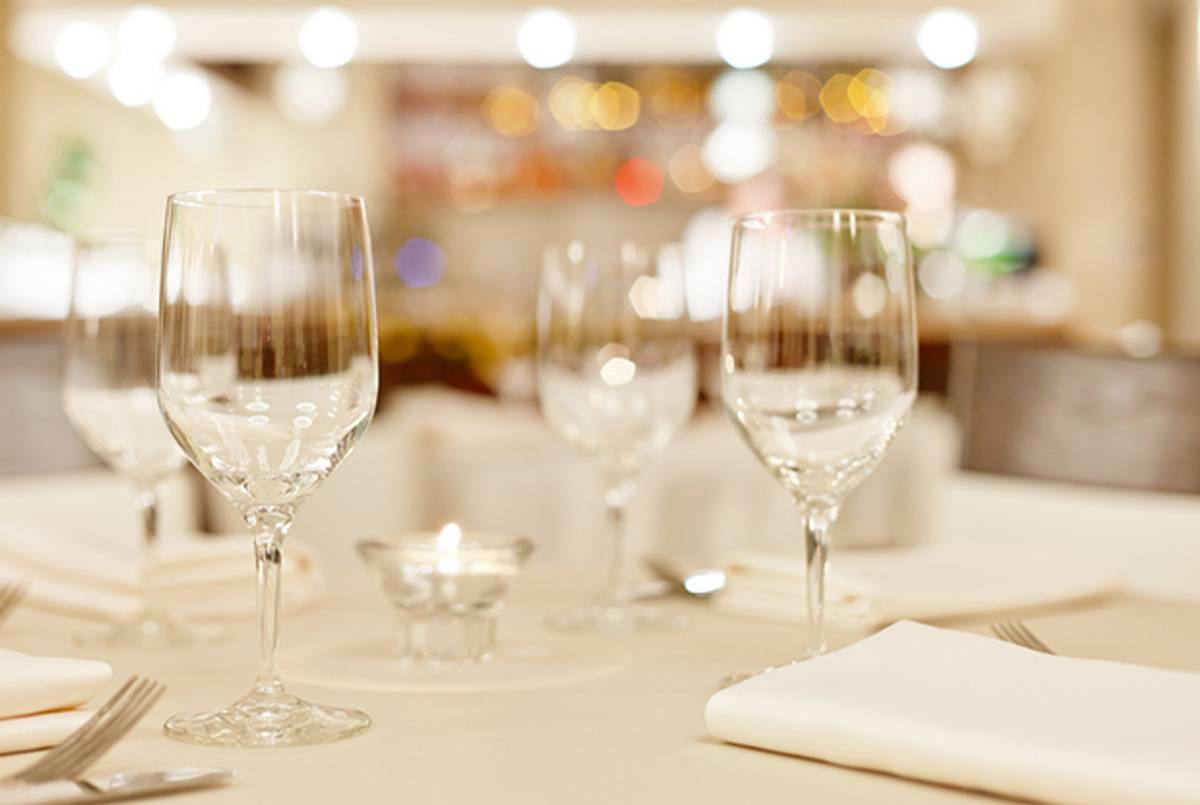
Although I am not Jewish, so far as I’ve been told (all the photos of my grandfather in Ukraine show him wearing a yarmulke, which grandmother always explained was just “the style” in Ukraine at the time), my grandmother’s after-church gathering at their apartment on the Lower East Side, which I attended as a child, always included their Jewish friends, so I’ve always been happy and comfortable celebrating Jewish holidays. Sometimes, I even went to synagogue with Ester, a Holocaust survivor with whom my grandmother developed a mother-daughter relationship. My own mother, grandma’s only child, died in Germany while attending Heidelberg Medical School with my father.
Many years ago, in the 1980s, I was a host family for foreign students at Fairleigh Dickinson University in New Jersey. At that time, one of them was a young college student from Brazil named Jorge, who stayed with us in Rutherford, N.J. Passover was approaching, and Jorge mentioned that he was Jewish, but that his family never publicly acknowledged their faith because there was still a great deal of anti-Semitism in South America. He’d never had a bar mitzvah nor celebrated any Jewish holiday. Since he was now in the U.S., where he could celebrate openly, I was determined that he would.
I was sure someone I knew would be happy to include him in their Seder, but everyone I asked was going to someone else’s house and there wasn’t room for an extra guest. It became clear that if there was going to be a Seder for Jorge, I was going to have to host it.
I enlisted my friend Carol and we went to work. I looked up Passover recipes for Jorge’s Seder, and we gathered all the ingredients we could—horseradish root, matzo, though we substituted chicken bones for the lamb shank. My husband (then just a friend) tried to make matzo ball soup but it looked more like miso when he was done. We had no Haggadah, but we wanted to include Hebrew to offer some authenticity to the occasion, so a friend lent us her bat mitzvah reading. We assembled around the table with Carols’ two boys, aged 10 and 7, my daughters, 9 and 15, Jorge, and my husband-to-be Roman, and we covered our heads with napkins. I recalled how a childhood’s friend’s mother had prayed over the candles each Shabbat and tried my best to imitate her from memory.
There was nothing traditional about it, but our little Seder that night had a lasting impact. A few months later, after he’d returned to Brazil, Jorge wrote us saying he was to have a bar mitzvah. His parents decided that if a couple of shiksas would go to so much trouble for their son to feel his wonderful Jewishness, they would do no less.
It’s been more than 20 years since that Seder, but it will always be a mitzvah for me.
Cami Huk Masier lives in Fort Lauderdale, FL.
Cami Huk Masier lives in Fort Lauderdale, FL.